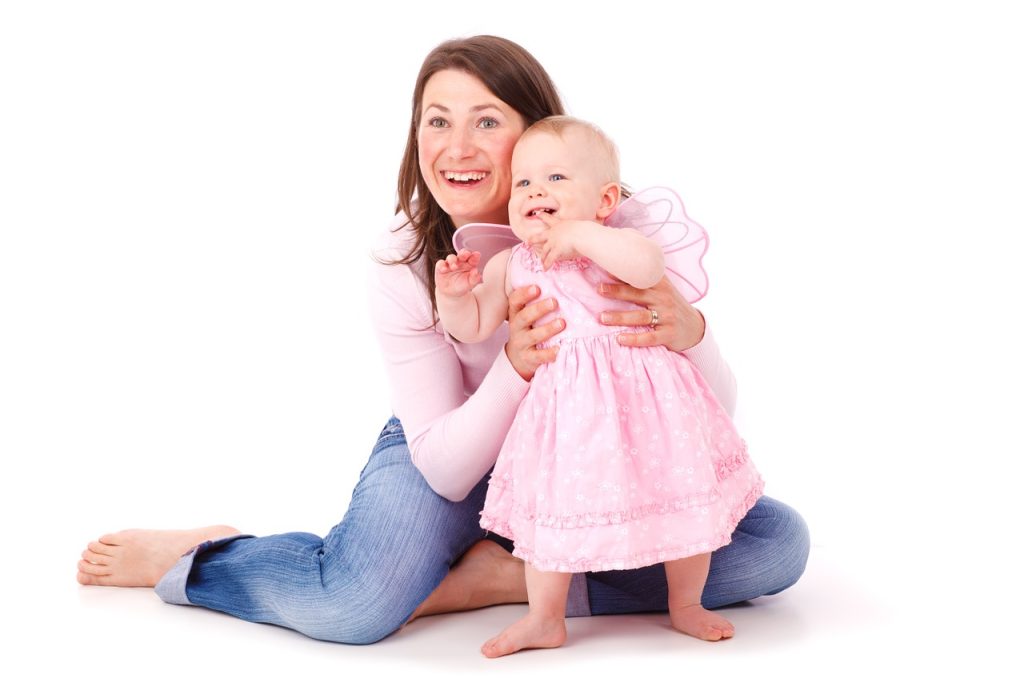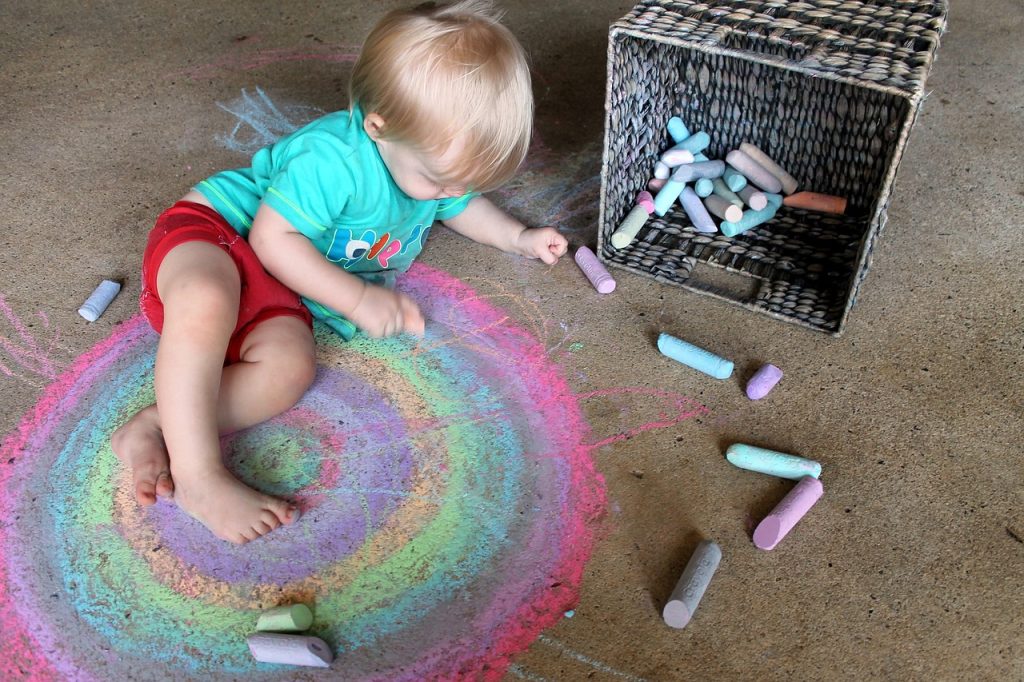Psychologist Lev Vygotsky (1896-1934) wrote many papers and books about child development. His work focused on three main areas – language and its influence on thought, the zone of proximal development and the social context in which learning takes place. Vygotsky was a constructivist; he believed that a learner builds their knowledge and understanding directly from what they experience.
Vygotsky encouraged people to talk to children and to label what was happening to help them understand abstract concepts. He felt that language was developed through social interaction and saw the effect that adults talking about everyday experiences had not only on a child’s language (their grammar and vocabulary) but also on the formation of ways of thinking and interpreting experiences. He noted that children observed conversations between others and that they use what is said, what is done (both body language and actions) and what is felt to interpret the social situations they observe. Finally Vygotsky observed how children talk to themselves when carrying out tasks to unify action and language, and that this disappears around the age of 7, however it can reappear for difficult tasks. Even adults talk to themselves when faced with something difficult!










